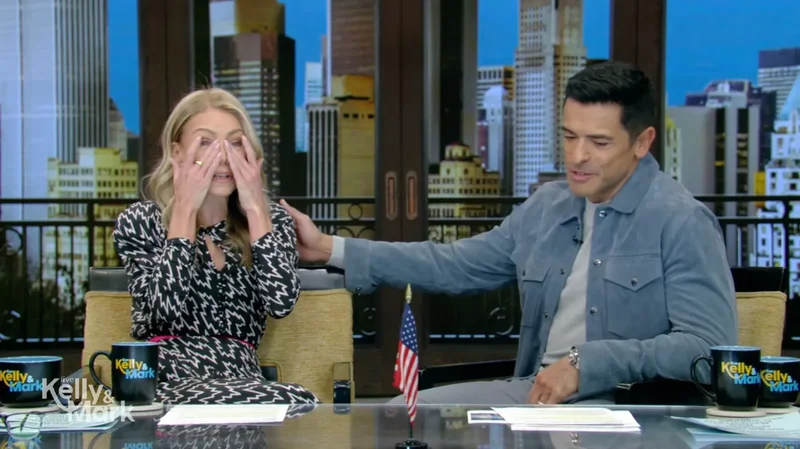A woman has shared the terrifying moment she realized her boyfriend had accidentally given her dog human medication. Rather than giving Nellie the dog medication for a urinary tract infection (UTI), Beckey Carstens' boyfriend accidentally gave the pooch Ambien. 'I take a man's amount of Ambien,' Beckey joked as according to a press release from Pet Poison Helpline. 'I needed a refill, so I set the nearly empty bottle on the counter next to our dogs' pills.'.
![[Beckey said when she realized what had happened, she called her veterinarian who instructed her to call Pet Poison Helpline (stock image)]](https://i.dailymail.co.uk/1s/2025/02/17/21/95309443-14406979-image-a-2_1739828066170.jpg)
She explained she had asked her boyfriend to take care of their two dogs - one of which is Nellie - while she was out. However, when she came home, he told her that he had given both dogs their individual medications - immediately causing her to panic. 'I knew that was impossible because we were out of Nellie's UTI medication,' she recalled in horror. She added: 'I realized he had given Nellie one of my Ambien rather than her UTI pill.'.
Beckey said when she realized what had happened, she called her veterinarian who instructed her to call Pet Poison Helpline. Rather than giving Nellie the dog medication for a urinary tract infection (UTI), Beckey Carstens' boyfriend accidentally gave the pooch Ambien. According to WebMD, Ambien is a sedative-hypnotic and is commonly used to treat insomnia and help people fall asleep faster. The mix-up was easy, as Beckey had prescriptions for both her dogs from two different veterinary facilities, which had different colored bottles.
The bottle from one clinic was brown, while the others from where Nellie received her prescription were blue. The Ambien prescription also came in a brown bottle. 'Because my Ambien bottle was also brown, he assumed that it was her medication because it was with our other dog's pill bottle,' the dog owner explained. 'I hadn't really noticed that the bottles were different, but when he told me he had given both dogs their medication, I instantly knew something was wrong,' she recalled.
She then took Nellie to an urgent care veterinary clinic in Omaha, Nebraska, where they liaised with the Pet Poison Helpline. She was also surprised to learn that many veterinarians are not toxin specialists, and many will require expert help from a poison expert to treat Nellie. The vets induced vomiting, administered activated charcoal to absorb the toxin and placed Nellie on IV fluids, and was also monitored closely overnight.
Beckey said when she realized what had happened, she called her veterinarian who instructed her to call Pet Poison Helpline (stock image). 'Nellie's doing great now, but it was a scary and expensive process,' Beckey explained, adding it cost around $1,200 with insurance. According to Dr. Renee Schmid, a senior veterinary toxicologist and director of Veterinary Medicine at Pet Poison Helpline, said its important never to keep human and pet medication near each other.
'In fact, if you have multiple pets, you should also store their medications separately, as it is very easy to mix up bottles and severe effects may occur if unnecessary medication is given,' she advised. She also warned pet owners never give animals their medications together. 'You might drop a pill, and the other animal will beat you to it!' she explained. She added one final piece of advice 'Make sure your pets aren't around when you take your own medication, as that could also fall on the floor and become a deadly treat.'.






























